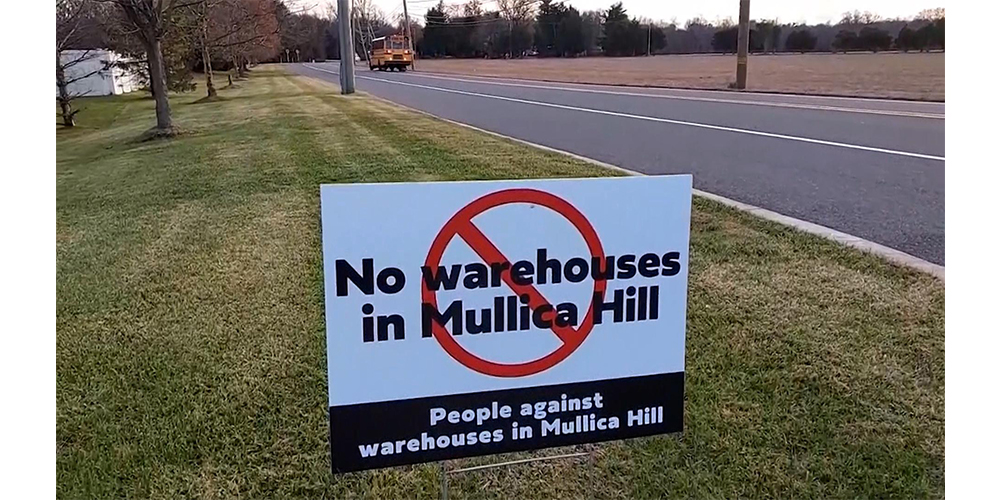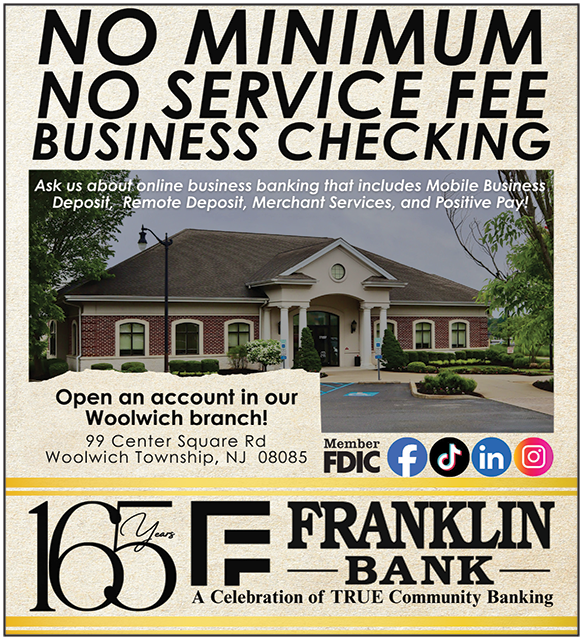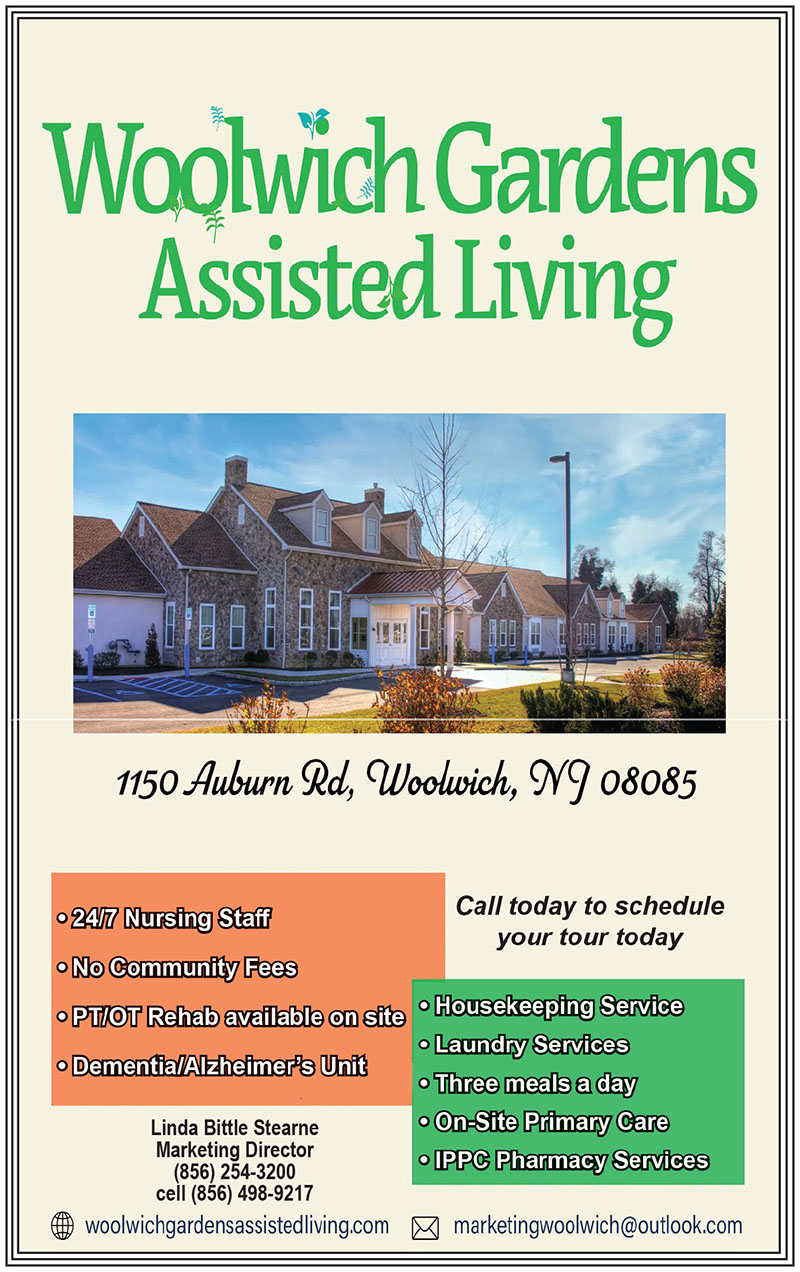HARRISON TWP. — According to a press release from Harrison Township Mayor Louis Manzo, a study was done by the CFO/Treasurer of the township on the tax impact to residents on two different options for the construction of warehouses in the township.
Option 1 studied would be to keep current zoning which would allow warehousing to be constructed. Option 2 would be to ban the construction of all warehouses in the township.
The results showed that there would be a significant tax increase needed if warehouses were banned in the township. Because of this, the township has decided to “stay the course” and allow warehousing the be constructed.
Residents have been protesting the construction of warehouses on Route 322 in Harrison Township. Many residents are advocating to change zoning to ban all warehousing in the town.
“The consideration of banning all zoning options that permit warehousing projects in our community was paramount. This would require a detailed review of our budget and tax rate history, along with an assessment of our current and future staffing requirements to maintain the services our residents have come to expect,” stated Manzo.
“We began this process with the understanding that there are no perfect solutions, only tradeoffs. We also knew that ultimately, this would come down to a very stark choice for the township committee,” Manzo explained.
OPTION 1 RESULTS (Allowing warehousing to be constructed): Based on the budget and tax rate history going back to the year 2000, staffing needs and all the contributing factors related to this decision, Manzo explained that it was determined that this option would not require a substantial property tax increase over the next five years.
This determination assumes that the required level of commercial tax revenue will be realized from the designated areas in that timeframe. “Combined with the historical county and school district increases, we project that our resident’s total tax bill would increase about 7.5 percent over the next five years under these circumstances.”
OPTION 2 RESULTS (Banning warehouses): Based on the same data, it was determined that this option would require a 30 to 35 percent property tax increase over the next five years. This finding is based on the current state of the commercial/retail/office development market.
“Absent a shift in that reality, the fiscal shortfalls and projections identified would need to be addressed predominantly by the residential portion of our local tax revenue. Combining that increase with the historical county and school district increases, we project that our resident’s total tax bill would increase between 30 percent and 35 percent over the next five years under these circumstances,” Manzo explained.
PAYMENT CALCULATIONS
According to the report, the average assessed home in the township is $400,000. At the current tax rate of $3.204, under the allowing construction option, the estimated 7.5 percent tax rate increase would mean an increase tax payment of $13,776.
Under the ban option, the increased tax rate is projected to be $4.245 which would mean an increase of $16,980 for the average home.
Manzo stated, “In reviewing all the fiscal data and history and considering the stricter Redevelopment Plan requirements in place for any potential warehouse project in our town, we have decided that Option 1 is currently the best path forward in consideration of our community, as a whole.”
“We understand the impact that accompanies a warehouse project, especially for those property owners closest to the project. We acknowledge that some members of our community would be willing to pay the substantially higher tax rate defined above and ban all warehousing in our town.
“However, we also know that a tax increase of the magnitude represented here would cause a financial hardship for many residents in our community and likely price some families out of being able to live here any longer.”
The township has created a Harrison Township Warehouse Resources which can be found at https://harrisonwarehouses.hosted.insperia.com/ to answer questions.
By Karen E. Viereck
Editor/Publisher








